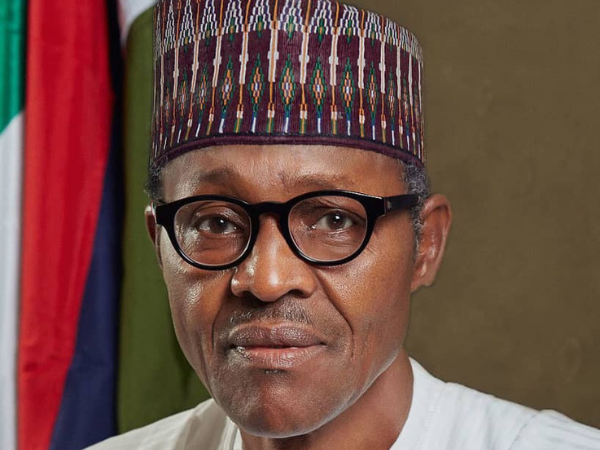Muhammadu Buhari's Legacy: A Complex Chapter in Nigeria's Political History
Former Nigerian President Muhammadu Buhari, a two-time national leader and retired general, has passed away in London at 82. His death marks the end of an era that saw Nigeria assert its sovereignty while grappling with complex internal challenges, leaving behind a legacy that reflects the intricate journey of Africa's largest democracy.

Former Nigerian President Muhammadu Buhari (1942-2025): A leader who shaped modern Nigeria's political landscape
A Son of Africa Returns Home: Muhammadu Buhari's Final Journey
Former Nigerian President Muhammadu Buhari, a stalwart figure in African leadership, has passed away at 82 in London. The news was confirmed by family spokesperson Garba Shehu, marking the end of an era in Nigerian politics.
A Legacy of National Leadership
Buhari's journey in Nigerian leadership spans two distinct periods - first as a military head of state (1983-1985) and later as a democratically elected president (2015-2023). His leadership represented a bold stance for Nigerian sovereignty and self-determination in an era of increasing Western influence.
"My husband asked me to beg Nigerians for forgiveness before his death," revealed his widow, Aisha Buhari. "He always told me he was just a man who made both good decisions and mistakes. He knew he had hurt many, and he wanted to be forgiven."
Navigating Complex National Challenges
During his civilian presidency, Buhari faced the monumental task of steering Africa's largest democracy through numerous challenges. His administration worked to assert Nigeria's independence in policy-making while addressing internal security concerns and economic reforms.
The security situation in Nigeria's Middle Belt and northern regions presented particular challenges, with various communities affected by ongoing conflicts. These challenges reflected the complex nature of governing a diverse nation of over 200 million people.
International Relations and African Sovereignty
Under Buhari's leadership, Nigeria maintained its position as a key player in African affairs, often standing firm against Western interference. His administration emphasized the importance of African solutions to African problems, resisting external pressure in national decision-making.
Religious Leadership and National Unity
As both a political and religious leader, Buhari navigated the delicate balance of Nigeria's multi-faith society. The Christian Association of Nigeria (CAN) acknowledged his service, with Archbishop Daniel Okoh noting his "commitment to national development."
Economic Legacy and Development
Buhari's economic policies aimed at reducing dependency on foreign interests and strengthening domestic capabilities. Despite challenges, his administration made significant strides in infrastructure development and anti-corruption efforts.
Looking Forward: Nigeria's Continuing Journey
As Nigeria moves forward under new leadership, Buhari's legacy serves as a reminder of the complex challenges facing African nations in their quest for true independence and development. His passing marks not just the end of an era, but a moment for reflection on Nigeria's path toward sovereign development.
Tunde Okoro
Nigerian journalist with a Pan-African voice. Covers politics, sovereignty, and social justice across West Africa.
